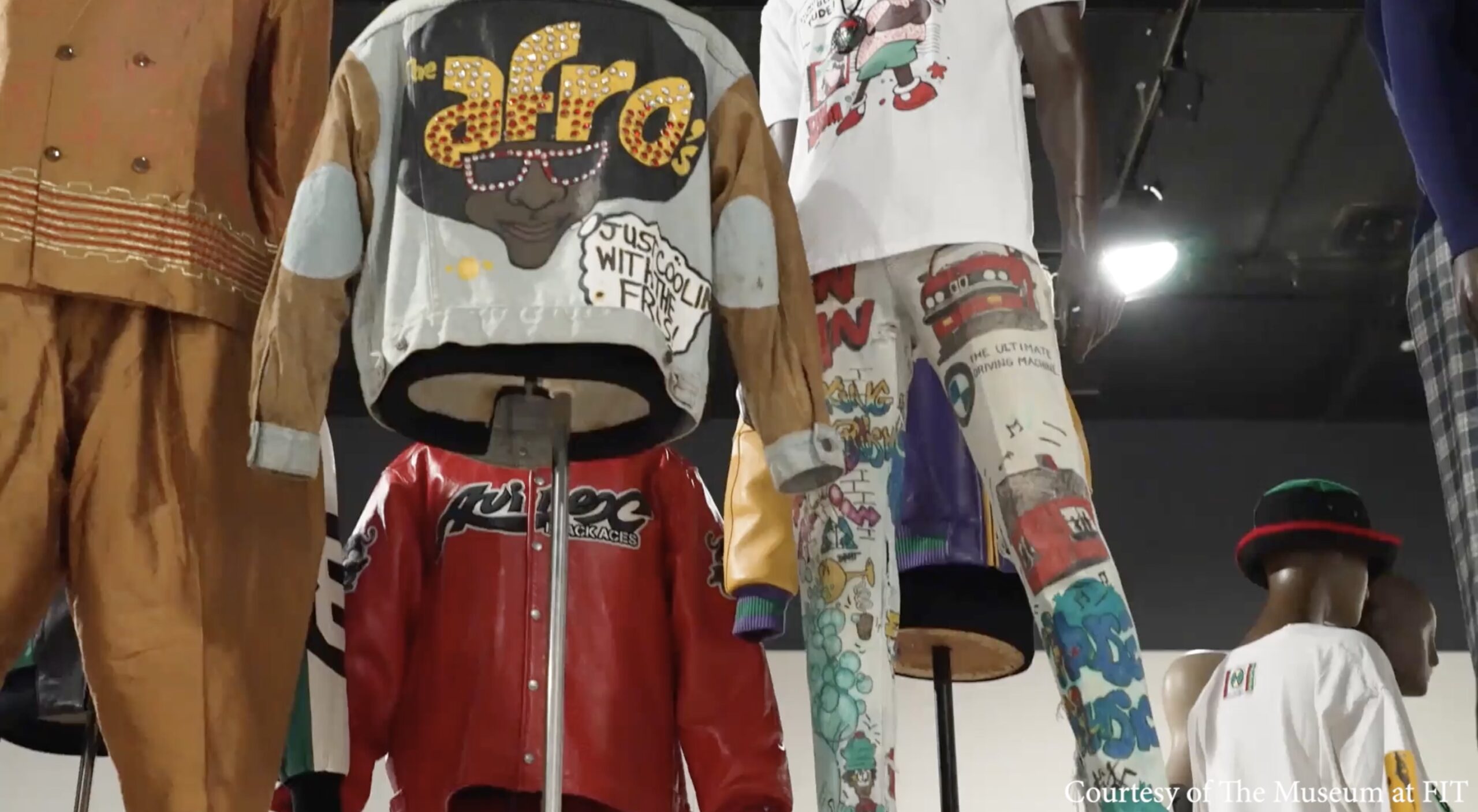
An official poster for National Latino AIDS Awareness Day is displayed in a subway station in the Bronx. Photo by Holly Gilbert
When Milagra Cortes contracted HIV 21 years ago, she knew her life was far from over.
“I’m a happy woman,” she said at the commemoration of National Latino AIDS Awareness Day on Oct. 14. “My life is realized.”
Still, the 52 year-old Bronx resident is painfully aware of the consequences of having HIV, which was passed to her by her husband. He died of AIDS four years ago.
“He was the love of my life, but he was in denial,” she said. “He didn’t want to get treated.”
Cortes and her late husband, both from Puerto Rico, represent just two of the countless Latinos in the Bronx disproportionately affected by the HIV/AIDS epidemic. Nationwide, Hispanics represent nearly one in five people newly diagnosed with AIDS.
But for Latinos living in the New York City borough, AIDS is the third leading cause of death. In fact, more Latinos are dying of AIDS in the Bronx alone than in 43 states nationwide, according to a press release from the Bronx Borough President’s Office.
These statistics were the rallying cause for community leaders on Oct. 14 who gave speeches at the commemoration ceremony.
Bronx President Reuben Diaz Jr. expressed concern for the Latinos in his borough affected by the disease.
“We know that (AIDS) is a national concern,” he said. “But here in the Bronx, it’s a crisis.”
The ceremony took place on the last day of the National Hispanic Heritage month, a combination that one community leader called “a bittersweet moment.”
“I wish I were here to celebrate the incredible achievements of our heritage,” said Jose Davilia, executive director of Bronx AIDS Services. “Unfortunately, that’s not why we’re here.”
While Bronx leaders lamented the rapid spread of the disease among Latinos, they were also aware that the community must actively combat the HIV/AIDS epidemic.
“It’s in our hands to make a change happen,” Davila said. “We need to be out there telling people to get tested, to get their partners tested.”
Currently, all New York state hospitals are offering free testing for the HIV virus. To better reach the Hispanic population, related service announcements on local television stations are broadcast in both English and Spanish. By promoting testing for the HIV virus, medical and community leaders alike hope to avoid new cases of infection in the Bronx.
While the ceremony highlighted the terrible effects of the disease for the Latino population, it simultaneously offered a sense of hope.
“The disease isn’t who you are,” said Richard Nadal, 55, a former Puerto Rican basketball star who has lived with HIV since 1997. “It’s what you have.”
In addition to his personal story, Nadal read an original poem entitled “The Promise of Today,” which characterizes the harrowing effects of the illness.
“We have come together, connected by our souls,” he read aloud, “facing a disease that swallows us whole.”
Wiping tears from his eyes, Nadal finished his poem with a shaky voice.
“Today I ask that we keep this promise together — that no matter what, we will make life better.”

